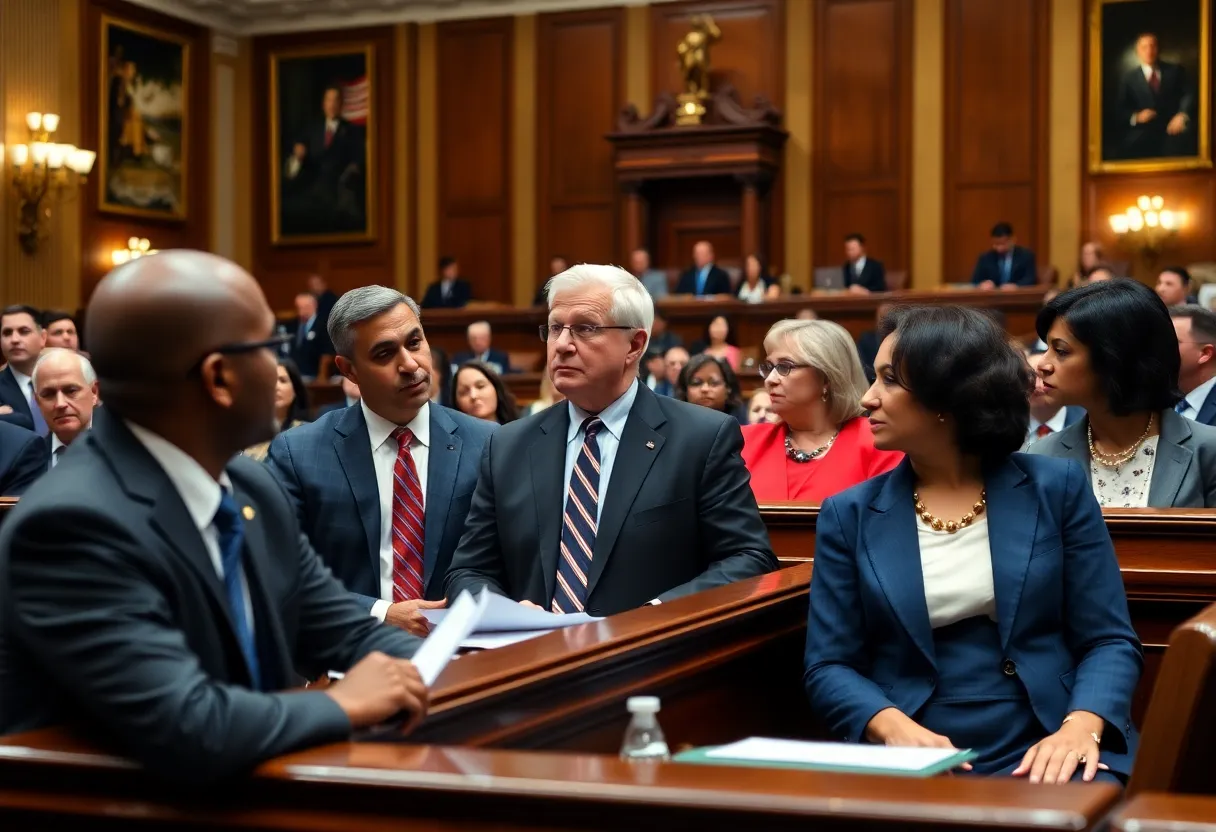News Summary
New York City has enacted the Fairness in Apartment Rental Expenses (FARE) Act, eliminating upfront broker fees for most renters. Set to begin in 2025, the law shifts the financial burden to landlords, potentially lowering the average rental signing cost by 41.8%. With half of recent leases imposing these fees, the act aims to ease housing costs for lower-income residents. However, the legislation face opposition from the Real Estate Board of New York, raising concerns over potential rent increases as landlords adjust pricing strategies.
New York City has officially passed a new law that aims to eliminate upfront broker fees for most renters, a long-awaited change for many individuals navigating the city’s challenging rental market. The law, known as the Fairness in Apartment Rental Expenses (FARE) Act, will take effect on June 11, 2025, significantly altering the landscape of how rental transactions occur in the city.
Under the FARE Act, it will be the responsibility of landlords or property management companies to cover broker fees rather than prospective tenants. This change is particularly notable as approximately half of all New York City leases charged tenants a broker fee over the past year, according to data from StreetEasy. The introduction of this legislation is expected to reduce the average upfront cost of signing a new lease by approximately 41.8%, from about $12,942 to roughly $7,537.
Broker fees in New York City typically range from 12% to 15% of the annual rent, making it a significant expense for tenants. While the new law will ease this financial burden for most renters, tenants who choose to hire a broker will still be responsible for paying any associated fees. Violations of the FARE Act could result in penalties, including fines starting at $750 for first offenses, with escalating fines for subsequent infractions. The NYC Department of Consumer and Worker Protection has been tasked with investigating complaints regarding illegal broker fee charges.
Supporters of the FARE Act argue that upfront broker fees create a substantial financial hurdle for many lower-income New Yorkers, exacerbating the already high cost of living in the city. Proponents, including City Council Member Chi Ossé, cite rising housing costs as a pivotal factor driving the need for this bill. The implementation of the FARE Act is seen by many as a historic victory for tenants, aiming to alleviate unnecessary fees that have burdened New Yorkers for years.
However, the FARE Act has not been without its critics. The Real Estate Board of New York (REBNY), an influential industry group, opposed the legislation and even attempted to block it through a lawsuit, which was ultimately denied in court. Some critics warn that the law may inadvertently lead to higher overall rents as landlords may choose to incorporate broker fees into their monthly rental rates, thus negating the intended benefits of the legislation.
Mixed reactions to the law have emerged from various stakeholders in the real estate market. While some industry experts believe that the FARE Act could stimulate the rental market by making it easier for tenants to move, there are concerns that the potential for rent increases could dampen the anticipated positive effects. The law is poised to change the dynamics of rental agreements in the city, making it crucial to monitor its implementation and real impact on both renters and landlords.
As the effective date approaches, the conversation surrounding the FARE Act will likely continue to evolve. It aims to dismantle financial barriers for renters, a goal supported by many as New York City seeks to create a more equitable housing landscape. The city’s rental market, a subject of ongoing scrutiny, may witness significant shifts in both demand and pricing strategies as the real estate community adjusts to these new requirements.
Deeper Dive: News & Info About This Topic
- ABC7NY: FARE Act and Broker Fees Impact
- Wikipedia: New York City
- Gothamist: End of NYC Broker Fees
- Google Search: FARE Act New York
- Bloomberg: NYC Broker Fee Law Update
- Google Scholar: New York City Housing Market
- Commercial Observer: New NYC Neighborhood Dynamics
- Encyclopedia Britannica: Housing Market
- NY1: Rent Stabilization and Tenant Relief
- Google News: New York City Broker Fees








